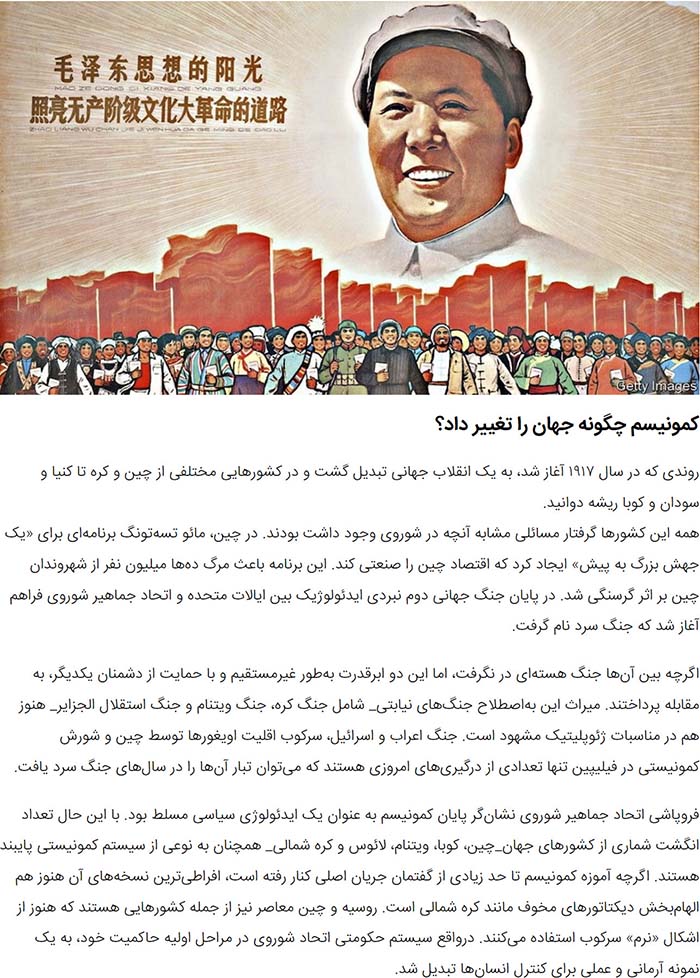4 Key Moments in the History and Impact of Communism
The Enduring Legacy of Communism
The enduring legacy of communism is complex and multifaceted. While it promised equality and an end to exploitation, its implementation often led to totalitarian regimes, economic inefficiencies, and human rights abuses. Despite this, the ideology left a significant impact on the global stage and continues to influence contemporary politics and social movements.
Influences on Contemporary Politics
Even though traditional communist ideology has waned, its influence persists in various forms around the world. For instance, many contemporary socialist movements draw on Marxist principles, advocating for wealth redistribution, workers’ rights, and social justice. These movements challenge the status quo and push for systemic change within capitalist societies.
Communism in Modern-Day Countries
Countries like China, Cuba, Vietnam, Laos, and North Korea still adhere to communist principles, albeit with significant variations. China’s model, often referred to as “socialism with Chinese characteristics,” blends communist ideology with capitalist market practices, leading to rapid economic growth while maintaining strict political control. Cuba, despite economic hardships, continues to uphold its revolutionary principles, focusing on healthcare and education.
The Global Influence of Communism
The global influence of communism is evident in various political and social movements. Anti-colonial struggles in Africa, Asia, and Latin America often adopted communist rhetoric and strategies. Leaders like Nelson Mandela and Fidel Castro drew inspiration from Marxist ideas, using them to fight against imperialism and for national liberation.
Cultural Impact
Communism also left a lasting mark on culture. Art, literature, and cinema in communist countries often served as propaganda tools but also produced notable works that critiqued and explored the human condition under such regimes. The cultural impact extended beyond communist countries, influencing global artistic and intellectual movements.
Lessons from History
The history of communism offers valuable lessons. It underscores the dangers of unchecked power, the importance of human rights, and the need for a balanced approach to economic and social policies. The failures and successes of communist states provide a wealth of experiences from which to draw insights for future political and social endeavors.
Conclusion
The impact and history of communism demonstrate how a powerful ideology can shape and transform societies. From its origins in the 19th century to its implementation across various countries in the 20th century, communism has left an indelible mark on the world. Understanding this history is crucial for navigating contemporary political landscapes and striving towards a more equitable future. While the pure form of communism envisioned by Marx may never have been fully realized, its influence continues to resonate, challenging us to consider the possibilities and pitfalls of striving for a classless society.





